What Ki Meant: How One Player’s Exit Exposed a Club’s Identity Crisis
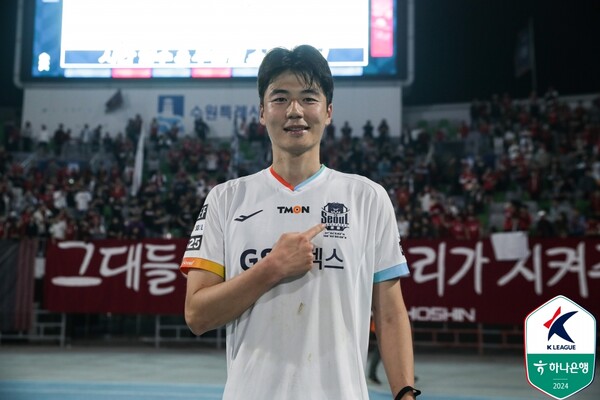
It was meant to be a graceful goodbye — a veteran midfielder, once the pride of FC Seoul, quietly bowing out after a distinguished career. Instead, Ki Sung-yueng’s impending move to Pohang Steelers has turned into one of the most emotionally charged sagas in recent K League history, complete with supporter boycotts, protest trucks, and a deepening divide between club and fans.
At 36, Ki’s best days may be behind him, but the man who once wore the armband for Swansea City and dictated tempo in Premier League midfields was never just another squad player for FC Seoul. He was their franchise icon, the face of a generation, and to many, the beating heart of the club. That heart is now set to beat in Pohang red — and the tremors of that shift are being felt across the capital.
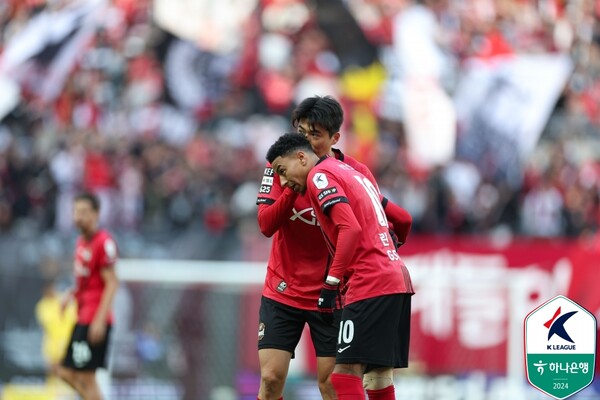
A Departure Marked by Silence and Sadness
On June 25, FC Seoul officially confirmed the departure of Ki, stating that the player had requested to move to a team where he could play more regularly. The club explained that Ki was no longer part of manager Kim Gi-dong’s plans and had asked for a release from his contract, which was due to expire at the end of the year.
Ki, for his part, took to social media with an emotional letter addressed to fans. “I realised how strong my desire to keep playing was,” he wrote. “Even if it’s just a few minutes, I want to be on the pitch. I couldn’t bear the thought of finishing my career feeling powerless.” He revealed that it was Pohang manager Park Tae-ha who reached out to him first, offering the kind of faith he no longer felt in Seoul.
The message was heartfelt, the reasoning sound. But for Seoul supporters, it wasn’t enough.
Supporters in Revolt: ‘Suhoshin’ Speaks Out
The club’s official supporters’ group, Suhoshin, issued a strongly worded statement accusing FC Seoul of once again treating a club legend with cold detachment. They demanded transparency regarding Ki’s departure and the internal dynamics of the squad. When no such clarity came, they announced an official boycott of all club activities until a face-to-face meeting with management was arranged — including a silence at the upcoming home match against Pohang.
In a dramatic escalation, fans sent funeral wreaths to the club’s training ground and stationed protest trucks outside GS Group headquarters, FC Seoul’s parent company. The message was blunt: “You have betrayed our legend.”
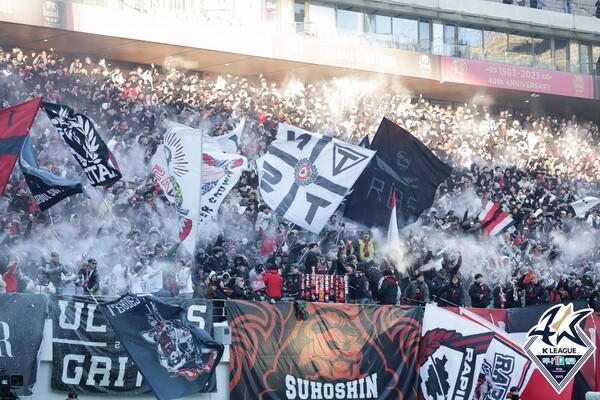
The Irony of the Fixture List
Fate, it seems, has a flair for the dramatic. Just four days after Ki’s departure was confirmed, FC Seoul are set to host none other than Pohang Steelers in Round 21 of the K League season. What would have been an intriguing top-half clash now carries the emotional weight of a derby — dubbed by many as the “Ki Sung-yueng Derby.”
Yet, the man at the centre of it all will be watching from the sidelines. Although Ki is expected to complete his medical and sign for Pohang on July 3, manager Park Tae-ha has ruled out any possibility of fielding him in Saturday’s grudge match. “It wouldn’t be right,” he said. “There are people who are hurt. That kind of pain needs time to heal.”
Still, the symbolism is potent. The very presence of Ki in Pohang colours — even if delayed until their July 19 clash with Jeonbuk — represents a fundamental shift in the landscape of Korean football’s emotional allegiances.
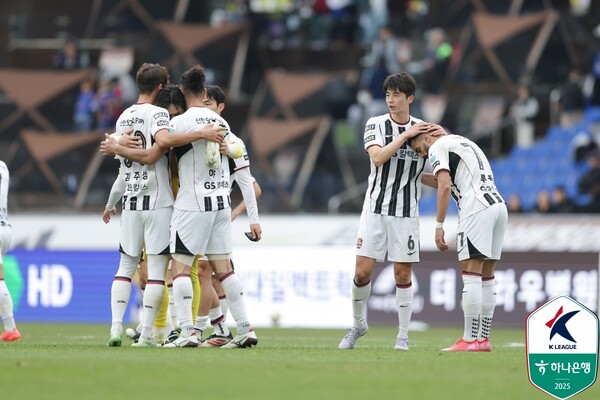
FC Seoul’s Gamble on Youth — and Its Cost
The root of the issue, of course, lies not just in Ki’s exit but in the broader philosophical direction of FC Seoul under manager Kim Gi-dong. The 2025 season has seen the club prioritise youth and high energy, with Ki — recovering from a hamstring injury and limited to just eight appearances this year — deemed surplus to requirements.
It’s a footballing decision that, on paper, makes sense. But in a league where emotional loyalty and club identity still hold significant weight, it has proven to be a PR disaster.
Ironically, Kim Gi-dong himself was once a beloved figure in Pohang — and his controversial move to Seoul last December sparked the first wave of resentment between the two clubs. Now, with Ki following the reverse path, the rivalry has intensified in a way few anticipated.
The Broader Implications
Ki’s departure and the fallout from it have raised uncomfortable questions about how K League clubs manage the twilight years of their legends. Seoul’s attempt to frame the move as a mutual parting, accompanied by promises of a grand retirement ceremony and coaching opportunities down the line, has failed to appease fans who feel the decision was made without their voice.
For Ki, the move offers a shot at a final act on his own terms — not as a ceremonial figure, but as a player who still believes in his ability to influence matches. For Pohang, it’s a low-risk bet with potentially high emotional returns: a veteran leader, still capable of splitting defences with one pass, and a valuable mentor for rising stars like Lee Ho-jae, the so-called “Korean Haaland.”
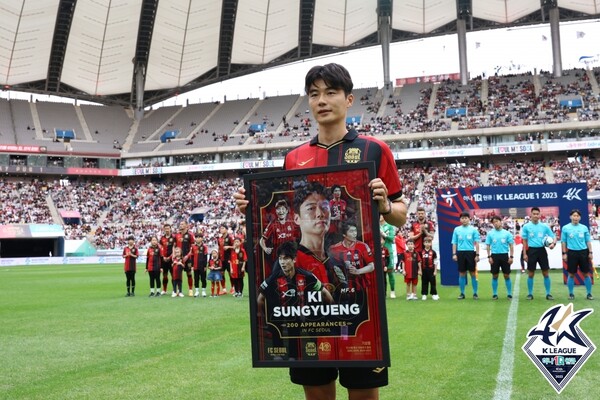
A Clash Without a Duel
When Seoul and Pohang walk out at the World Cup Stadium on Saturday night, all eyes will be on the empty space where Ki Sung-yueng might have stood. The cheers may be quieter, the banners missing, but the emotions will be louder than ever.
For now, the real “Ki Sung-yueng Derby” may have to wait until October 18, when these two sides meet again in the final round of the regular season. By then, wounds may have scabbed over — or they may still be raw.
What’s certain is that in a league searching for narratives, this one has found a beating heart. And his name, once sung by thousands in red and black, now echoes in steel and crimson.
관련기사
- Busan IPark Land North Korean International Midfielder Ri Yong-jik on Loan from FC Anyang
- Former FC Porto Winger Rúben Macedo Joins Gyeongnam FC to Ignite Promotion Push
- Masami Ihara's Strategic Move: Why the Japanese Legend Has Joined Suwon Samsung as Assistant Coach
- BREAKING: FIFA Threatens Further Sanctions Against KFA and Gwangju FC Over Transfer Ban Breach
- Ex-Newcastle Midfielder Ki Sung-yueng Set for Pohang Switch After Falling Out of Favour at FC Seoul
- Austria Wien’s Asian Ambition: Why Kang Hee Lee is More Than Just a Signing
- OFFICIAL: St. Pauli secure signature of Japanese midfielder Joel Chima Fujita from Sint-Truiden
- Lingard Opens Up on Ki Sung-yueng’s Exit After Inspiring FC Seoul to Dominant Win Over Pohang
- Michele Kang’s Appointment Marks New Era for Olympique Lyonnais – and Women’s Football Across Europe
- Gimhae, Yongin and Paju Submit Bids to Join Expanding K League
- Ki Sung-yueng Joins Pohang Steelers: South Korean Legend Reunites with His Roots in Shirt No. 40
